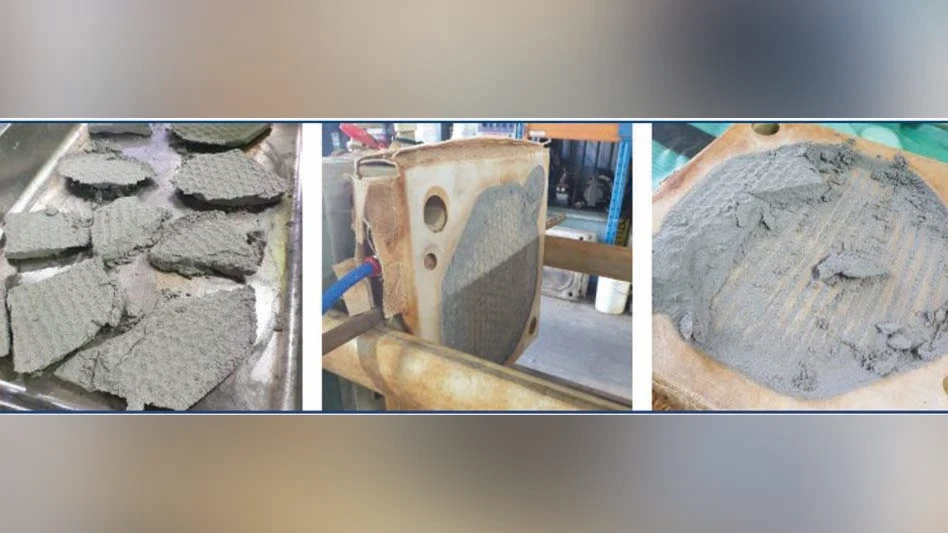
Image courtesy of Lifezone Metals Ltd.
Lifezone Metals Ltd., a company headquartered on the Isle of Man that works across the metals supply chain from resource to production and recycling, has signed a term sheet with a subsidiary of Switzerland-based commodities trading company Glencore plc for a platinum, palladium and rhodium recycling project that will utilize LIfezone’s hydrometallurgical technology, Hydromet, and be located at a facility in the United States.
According to Lifezone, the first phase consists of piloting work and has already begun in Perth, Australia, using Hydromet to process and recover platinum group metals (PGMs) from responsibly sourced spent automotive catalytic converters.
RELATED: Glencore a partner in aluminum recycling effort
“By applying our Hydromet technology, we aim to responsibly recover platinum, palladium and rhodium from recycled sources in a cleaner and more efficient manner than otherwise possible through traditional smelting and refining,” says Lifezone CEO Chris Showalter. “Following our acquisition of Simulus Labs in July, where we acquired the preeminent hydrometallurgical testing and engineering design group, we gained the capability to simultaneously advance our Kabanga Nickel Project through the continuing definitive feasibility study while also investigating other important applications of our core Hydromet technology.
“In Glencore, we have a world-class partner with exceptional market reach to help position our U.S. recycling joint venture favorably with respect to financing and marketing of finished PGMs,” Showalter continues. “We expect our confirmatory pilot program to further validate our Hydromet capabilities and demonstrate that we can also generate favorable economic returns from PGM recycling. Further, the facility we intend to build is highly replicable and scalable, which is important given the very large and rapidly growing addressable market we expect in the years ahead.”
According to Lifezone, the goal of the joint venture is to profitably deliver high-purity, refined PGMs from 100 percent-recycled sources. The piloting work in Perth is expected to be complete in the first half of 2024 and will include a feasibility study designed to outline the expected PGM recoveries, capital and operating expenditures and expected project economics. A decision to proceed to Phase 2 will depend on the results of the pilot test work and the outcomes of the feasibility study, according to Lifezone.
Following the completion of the pilot phase, Lifezone and Glencore say they will jointly fund the initial capital expenditures required to construct a commercial-scale PGM recycling facility at a U.S. location. Lifezone claims the facility will be one of the first non-smelted PGM recycling operations globally and will “demonstrate at commercial-scale a faster, more efficient and less emissions-intensive method of recycling PGMs.”
Additionally, the company says its Phase 1 pilot project costs are expected to be $3 million. Initial capital costs for the Phase 2 commercial-scale recycling facility in the U.S. are expected to be in the range of $15 million to $20 million for the U.S. facility that will be able to process around 115,000 ounces per year. Glencore will provide a working capital facility for the facility and will be the sole offtake and marketer of the refined PGMs.
Latest from Recycling Today
- BMW Group, Encory launch 'direct recycling’ of batteries
- Loom Carbon, RTI International partner to scale textile recycling technology
- Goodwill Industries of West Michigan, American Glass Mosaics partner to divert glass from landfill
- CARI forms federal advocacy partnership
- Monthly packaging papers shipments down in November
- STEEL Act aims to enhance trade enforcement to prevent dumping of steel in the US
- San Francisco schools introduce compostable lunch trays
- Aduro graduates from Shell GameChanger program





